Marienberg Castle, Hanover, Germany Castle plans, Malbork castle, Malbork

Malbork castle plan hires stock photography and images Alamy
The Malbork Castle Museum with the branches of the Castle in Kwidzyn and the Castle in Sztum. The Malbork Castle Museum was opened on January 1, 1961. Its main seat is the Teutonic castle in Malbork, inscribed on the UNESCO World Heritage List in 1997. The people who created and continue to develop this institution have gone through an.

Marienberg Castle, Hanover, Germany Castle plans, Malbork castle, Malbork
The brick walls of the castle in Malbork always make a great impression on its visitors as they walk among the countless castle red towers, bastions and courtyards, delving deeper into its long corridors and their secrets.. "Plan of the Malbork castle". In: Skyscraper. Available at

Malbork castle, Castle, Fantasy city map
The representative summer refectory is the most interesting chamber in the castle. Now a museum, the castle attracts tourists with open-air events that feature the Siege of Malbork and other son et lumière shows. It also houses a spectacular collection of amber products. See more articles about the monument from the list World Heritage Sites:
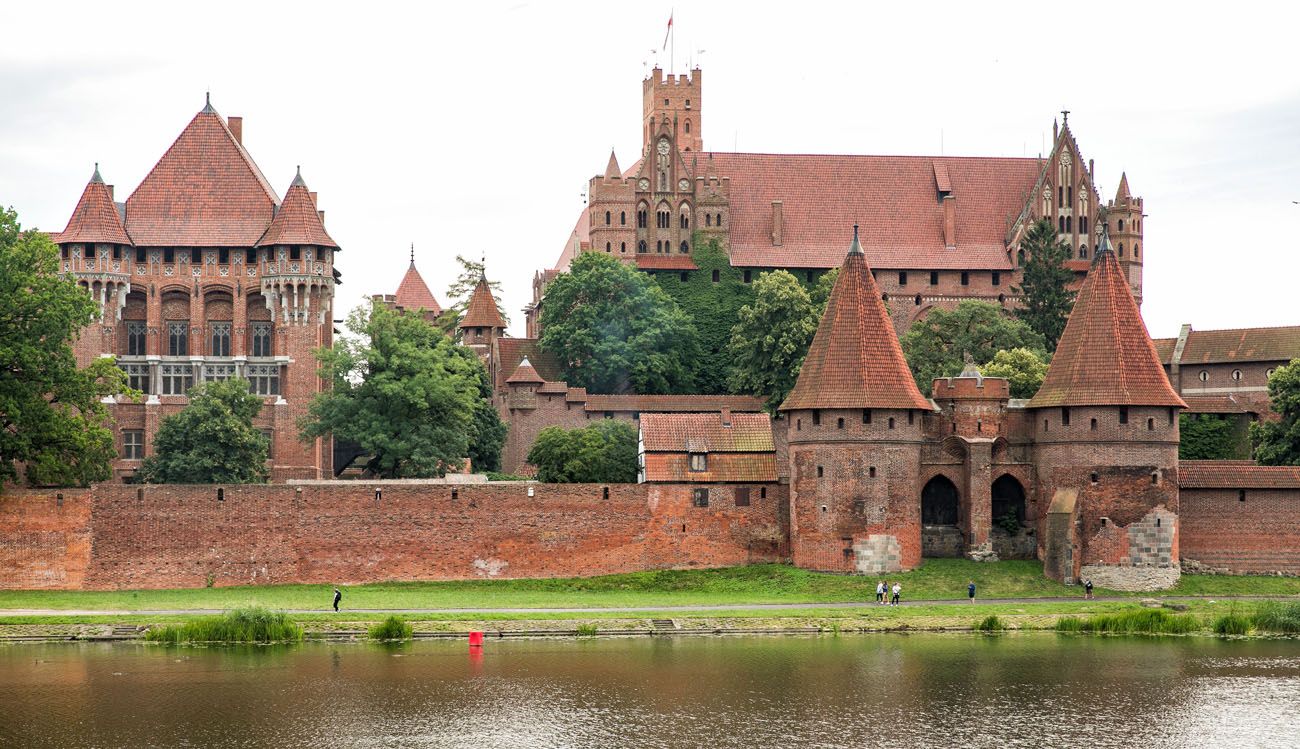
Malbork Castle Plan the Perfect Day Trip from Gdansk Earth Trekkers
Discover Malbork Castle in Malbork, Poland: This 13th century Gothic brick castle is the largest in the world by surface area. Trips.. Plan Your Trip Random Place.
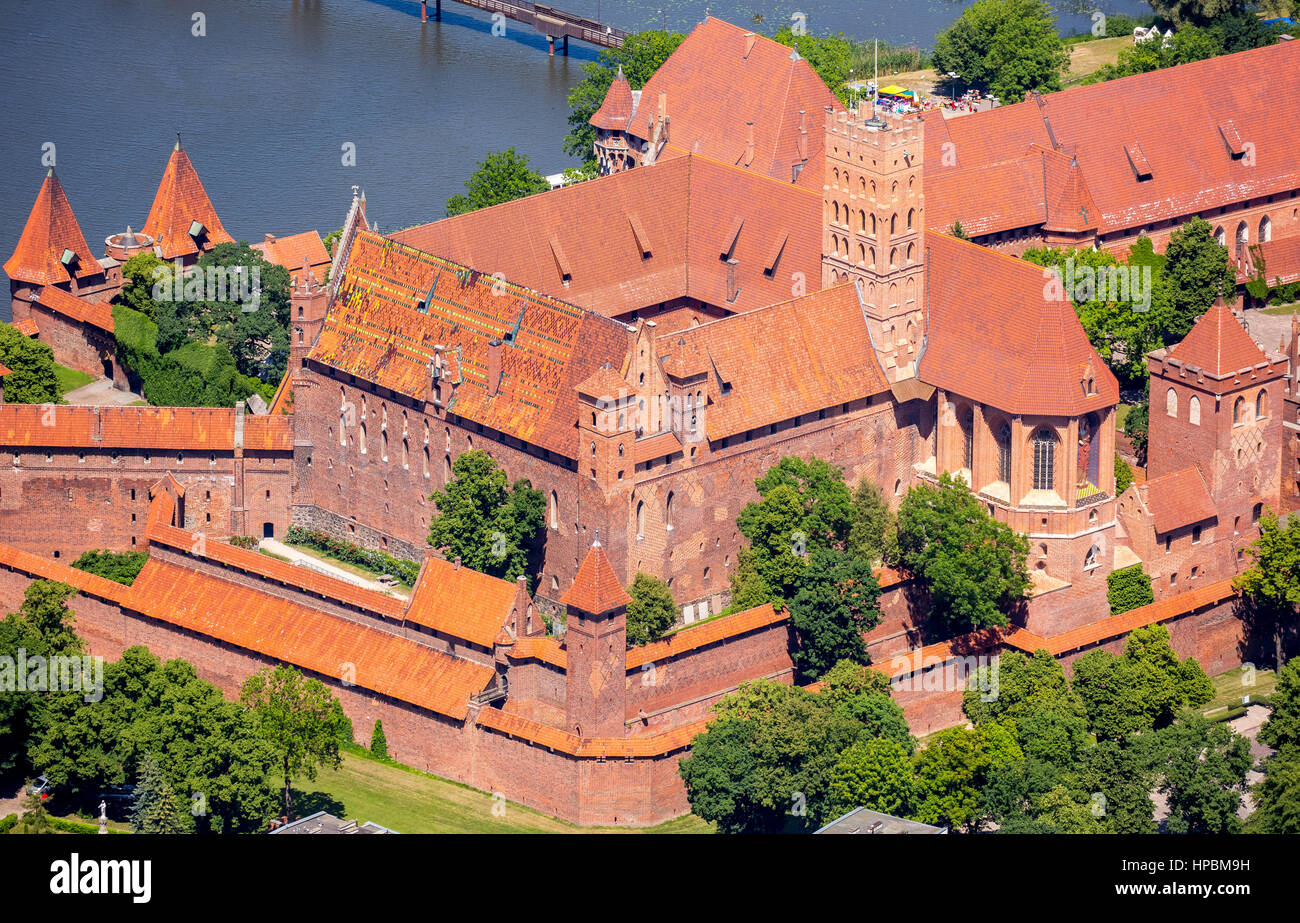
Malbork castle plan hires stock photography and images Alamy
Malbork - Teutonic Castle. plan of middle and upper ward by A.Franaszak, K.Solak. reconstruction of the castle from the west from the 15th century according to P.Dennis. model of middle and upper castle from the 15th century. History. The castle complex in Malbork (Marienburg) was created by way of gradual extension, and its fortifications.
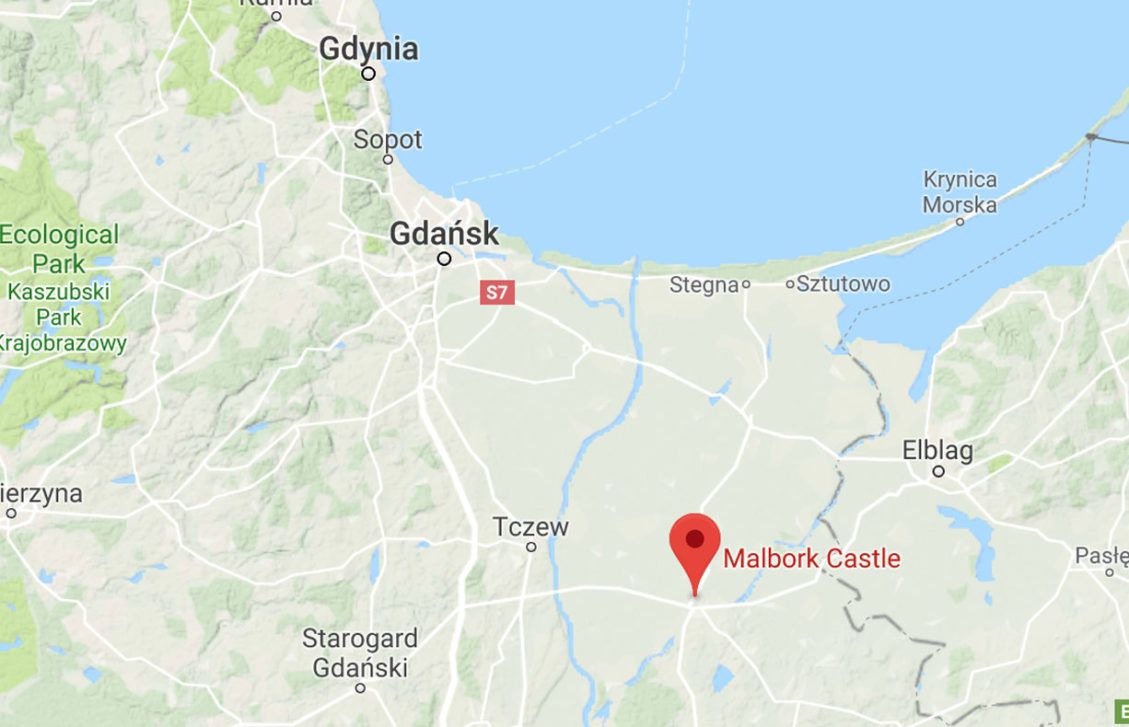
Malbork Castle Plan the Perfect Day Trip from Gdansk Earth Trekkers
Plan your Tour in Malbork Castle. Castle interiors are closed on Mondays. They are also some holidays where the castle is closed. It is recommended to always check opening hours and close days on their website in advance. A complete tour of the castle grounds will take around 3 hours. It is recommended to go either early or late just to avoid.

Stary Malbork Plan zamku malborskiego z 1930 roku
Malbork Castle is located on the Nogat river in northern Poland, not far from the Baltic coast. It was founded at some point in the 13th century by the Teutonic Knights, an order of German crusaders. They called it Marienburg, in honour of their patron saint, Mary. Construction took around 30 years, though it was expanded several times over the.

ZAMEK W MALBORKU. Ordensburg Marienburg. Malbork Castle plan. Poland 1910 map Stock Image
Malbork Castle (German: Marienburg - St Mary's Castle) -is a masterpiece of late medieval defensive and residential architecture of the late Middle Ages. Malbork was constructed by the Teutonic Knights. They did it in several stages, starting from 1274. Initially (from 1280) the castle served as a fortress for one of the Commanders and his garrison.

Malbork zamek krzyżacki Architektura średniowiecza i starożytności
How to get to Malbork Castle. If you're coming to Malbork Castle by train, you have two options: you can either take the slow train which costs 11 PLN ($3 USD) and takes 50 minutes, or you can take the fast train which costs 55 PLN ($15.25) and takes 30 minutes. At that price, it's really worth taking the slower one if you ask me!
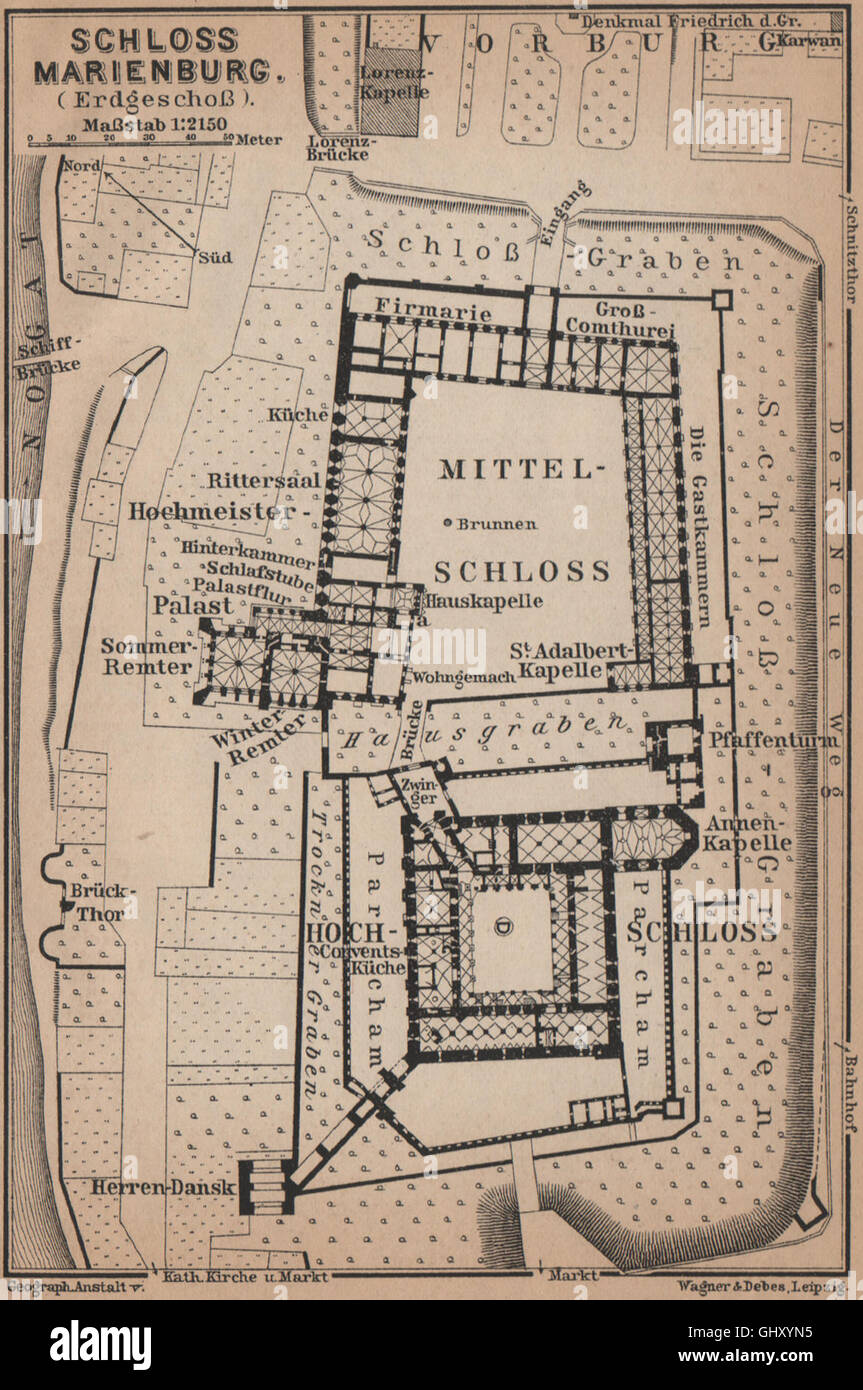
Malbork castle plan Banque de photographies et d’images à haute résolution Alamy
Malbork Castle travel tips. Address: Starościńska 1, 82-200 Malbork. Opening hours: Monday - Sunday 09:00-19:30 (tickets are sold until 17:00) Tickets: full-priced tickets are 47 PLN, reduced 37 PLN. You can buy tickets in advance here. Audioguides: You get the audioguide in the price of the ticket.

Map of the castle in Malbork from the beginning of the 17th Century. Download Scientific Diagram
Malbork Castle, massive brick fortress enclosing three fortified castles that was built in the 13th century by Teutonic Knights in Malbork, Poland. Encompassing 52 acres (21 ha), Malbork Castle is Europe's largest fortress by land area. It stands on the banks of the Nogat River, about 25 miles (40 km) south of the coast near Gdańsk.

Malbork Teutonic Castle Ancient and medieval architecture
The easiest way to get to Malbork Castle from Gdansk is by train. From Gdansk Glowny, the main train station in Gdansk, it can take between 28 and 55 minutes to get to Malbork Castle, depending upon the type of train you choose. Regio (R) trains: The slowest and the cheapest option.

Pin on Castles
By Car: Travelers who plan on exploring more of Poland may want to consider renting a car for their trip. Driving from Gdansk to Malbork Castle takes just under an hour.. Malbork Castle is open daily from 9.00 a.m. to 8.00 p.m. and tends to get busiest just before lunch and through the early afternoon when tour groups visit. Alternatively.

Imagine Poland Malbork Castle, Poland
The tour price advertised by Gdansk Tours for a 6-hour trip from Gdansk to Malbork Castle, including a tour of the Castle with an expert guide, lunch and beer, entrance fees, hotel collection, and drop off, is around €100 per adult. Gdansk Adventure offers a similar 6-hour tour, but with an audio guide and no lunch for just under €50 per adult.
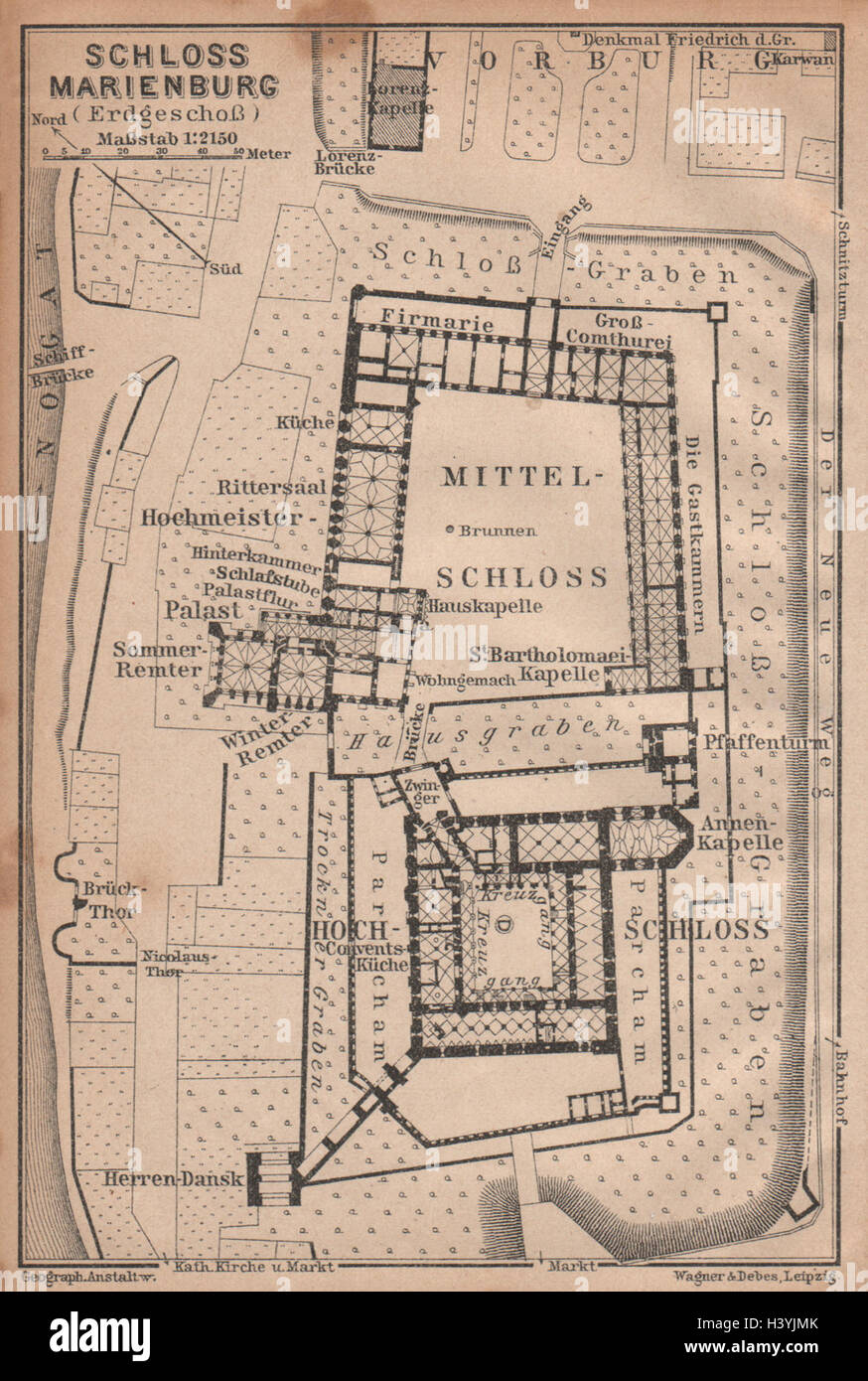
Malbork castle plan hires stock photography and images Alamy
Criterion (iv): Malbork Castle is an outstanding example of the castles of the Teutonic Order, which evolved on the frontiers of medieval western Europe. It is a unique, perfectly planned architectural creation, with no equivalent in Gothic architecture. It was built utilizing a rich repertoire of medieval construction methods; these were.

Malbork Teutonic Castle Ancient and medieval architecture
Malbork Castle. Malbork's blockbuster attraction is its show-stoppingly massive castle sitting on the banks of the sluggish Nogat River, an eastern arm of the Vistula. The construction of Marienburg (Fortress of Mary) was begun by the Teutonic Knights in the 13th century and was the headquarters of the order for almost 150 years; its vast.